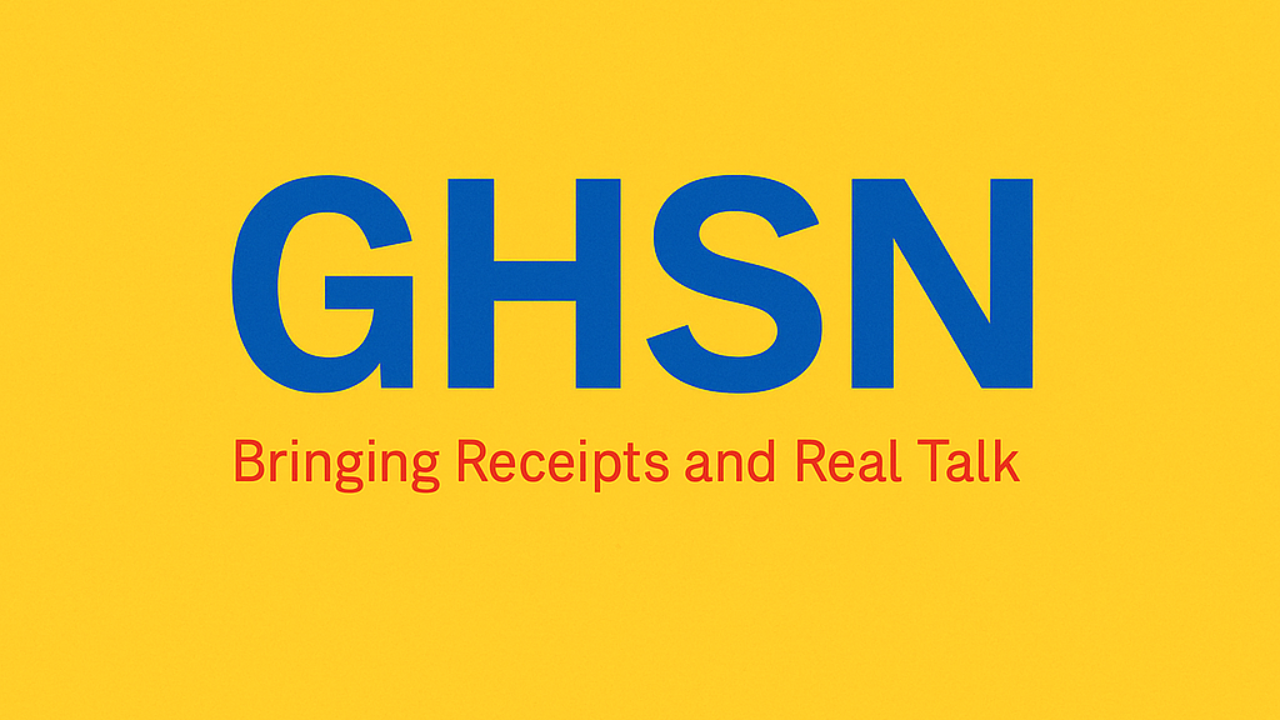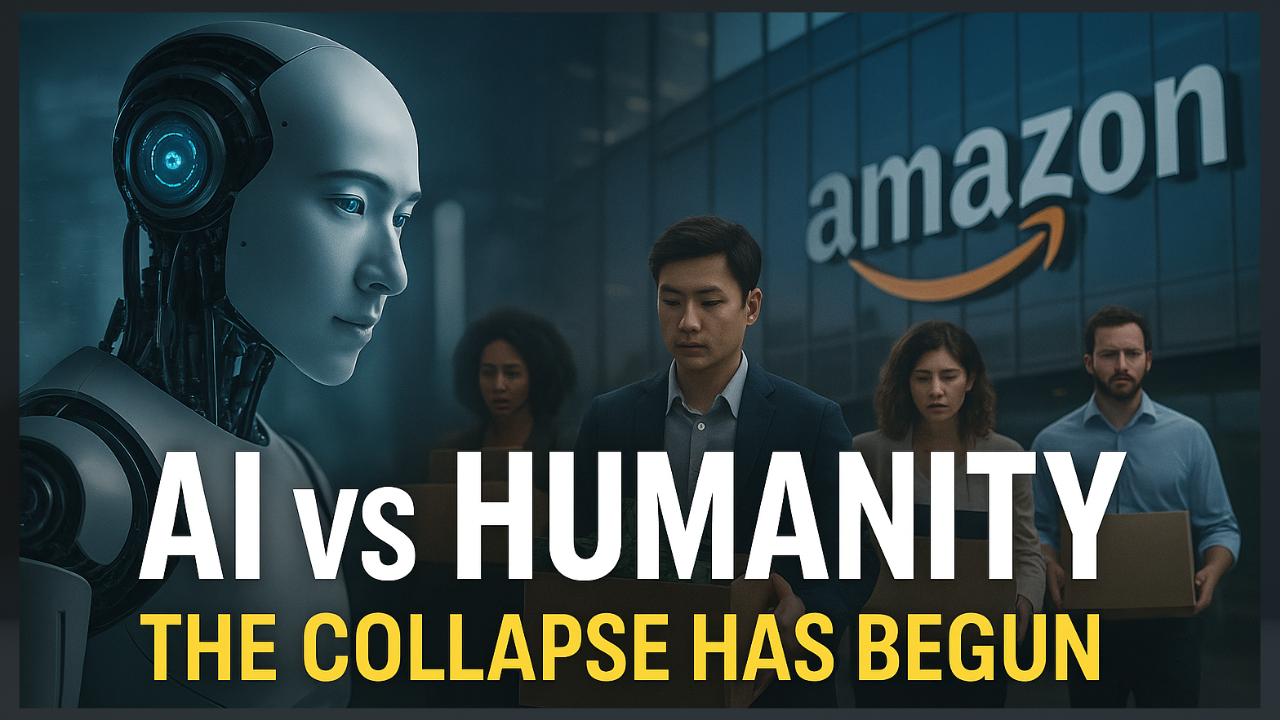For decades, the rise of artificial intelligence has been marketed as progress — a tool to make life smarter, faster, and easier. But as the technology advances, the story has changed. The world is no longer just adapting to automation — it’s being redefined by it. And in that redefinition lies a question few are brave enough to ask: What happens to human purpose when machines take over human work?
The Quiet Shift
When Amazon announced 30,000 layoffs in 2025 — mostly white-collar employees — it sent shockwaves through the economy. These weren’t warehouse or delivery jobs, but analysts, coders, and managers — people once thought untouchable by automation. It wasn’t just a restructuring. It was a warning shot.
Across industries, AI now performs the thinking and decision-making that once required human intuition. It drafts reports, analyzes markets, designs campaigns, and even diagnoses illnesses. But as efficiency grows, humanity’s role shrinks. When people stop working, they stop earning. When they stop earning, they stop spending.
And when they stop spending, the entire economic ecosystem begins to falter.
The Economic Heartbeat Slows
According to the World Economic Forum, **92 million jobs could be displaced globally by 2030**, most of them in middle-skill, data-based professions. That means the middle class — the foundation of most modern economies — is eroding faster than policymakers can respond. AI doesn’t just automate labor; it automates logic, replacing judgment, expertise, and even creative intuition with algorithms.
In the U.S., AI-related companies now represent more than 36% of the S&P 500’s market value, creating an economy dominated by data monopolies.
If production becomes cheaper but participation vanishes, capitalism risks devouring itself. Who will buy when there’s no one left earning?
The Human Ecosystem Unraveling
For thousands of years, societies survived on exchange — I work, you pay, and that spending sustains someone else. It’s not just an economic loop; it’s a social contract. Remove one class — especially the middle class — and the web that holds the system together starts to tear. When the majority loses income, small businesses close, tax revenues fall, and even the wealthy who own the machines lose customers for their products.
Governments know this, but solutions are slow. Taxing automation or redistributing AI profits may sound appealing, but it’s politically radioactive — especially in capitalist societies that prize merit over equity.
Without a balanced plan that keeps people active in the economy, innovation risks turning civilization into a closed loop of profit without purpose.
The Global Domino Effect
The AI revolution is not contained to the West. China — with its billion-plus population — is rapidly expanding AI factories and data hubs. But even there, efficiency brings risk. What happens when tens of millions are no longer needed for production? Smaller economies will also feel the shock. Countries like Jamaica, Mexico, and Ghana depend on exports to wealthier nations. If AI economies lose their middle class, global demand will collapse — even nations that never adopt AI will feel its cold touch.
The Myth of Reskilling
Each time layoffs make headlines, governments and corporations promise “reskilling.” But if AI learns faster than humans can teach, what exactly are we training for? You can’t turn every worker into a programmer or AI engineer — nor should you. There aren’t enough jobs, and not everyone has the technical aptitude or interest.
Humans are not built to compete with algorithms. We’re built to connect, to imagine, to care. Those traits — once seen as soft skills — may soon be the only uniquely human ones left.
Life Without Work: The Meaning Crisis
Beyond the economics lies something deeper — the question of meaning.
For centuries, work has given structure to life. It defined identity and provided purpose. A teacher found pride in shaping minds, a farmer in growing food, a doctor in saving lives. Now, as AI begins to handle those same roles with increasing precision, we must ask: if machines can do everything better, what’s left for us to do — and why?
Many people already sense this quiet unease. Without the need to work, how will we measure our worth? If income no longer comes from effort, and effort no longer defines purpose, the psychological fabric of society begins to unravel.
Even abundance can feel hollow when stripped of meaning. Efficiency without empathy may give us progress, but it steals the very thing that makes us human.
What Comes Next
AI isn’t evil — but it is indifferent. It reflects our brilliance but not our conscience.
We can’t stop it, but we can steer it. The future must not be about replacing people; it must be about restoring balance. We need education systems that emphasize imagination over memorization, and economic policies that value creativity, empathy, and community. Because progress without purpose is just motion — and motion without meaning leads nowhere.
“If machines take away the need for human work, they also take away the meaning of human purpose.”
AI is rewriting civilization’s code. The question is — will we remain the authors?






